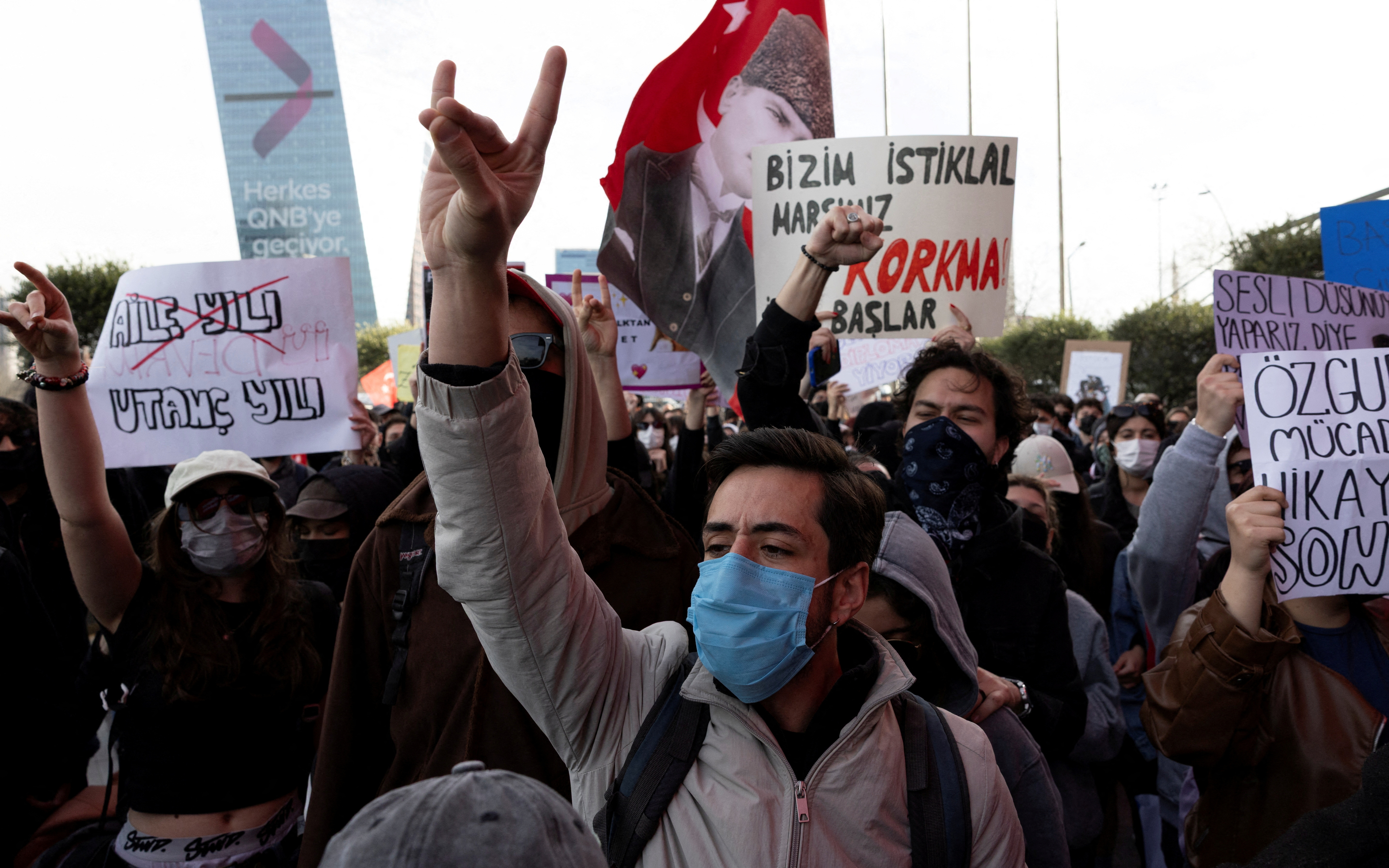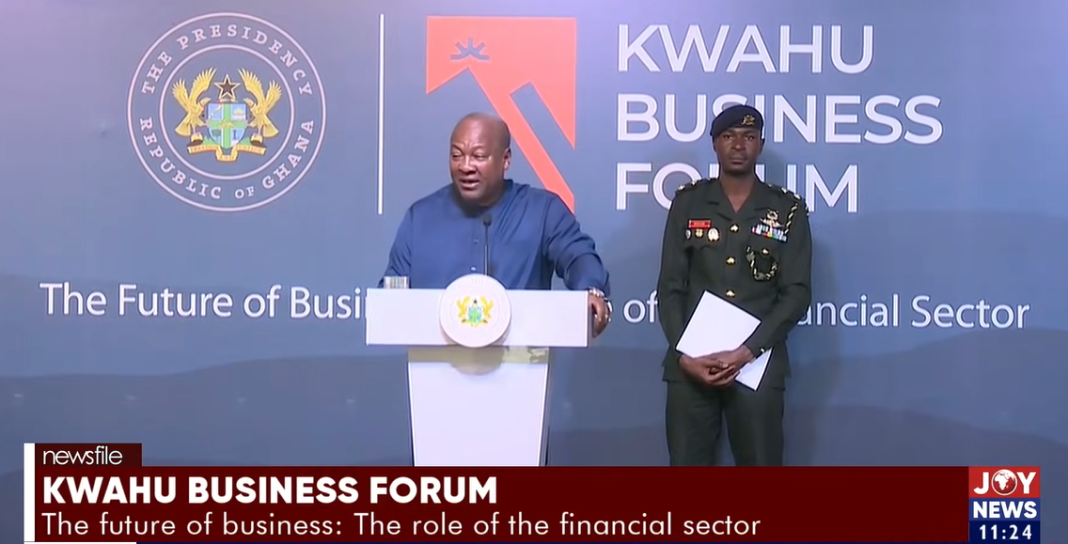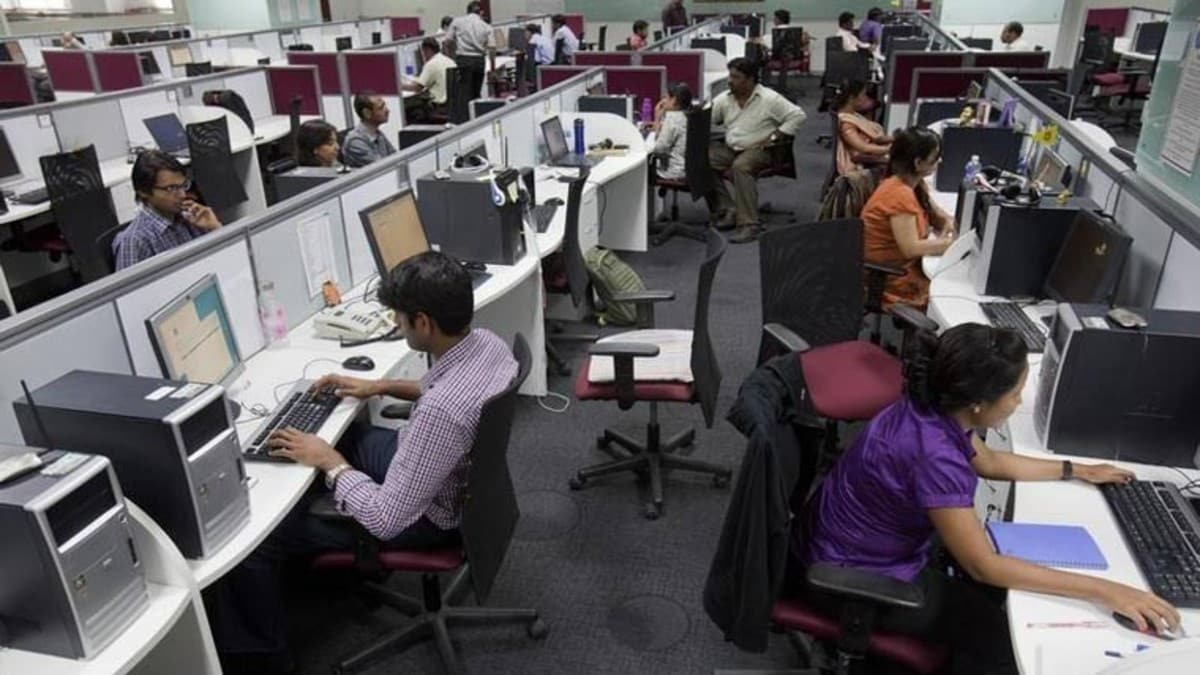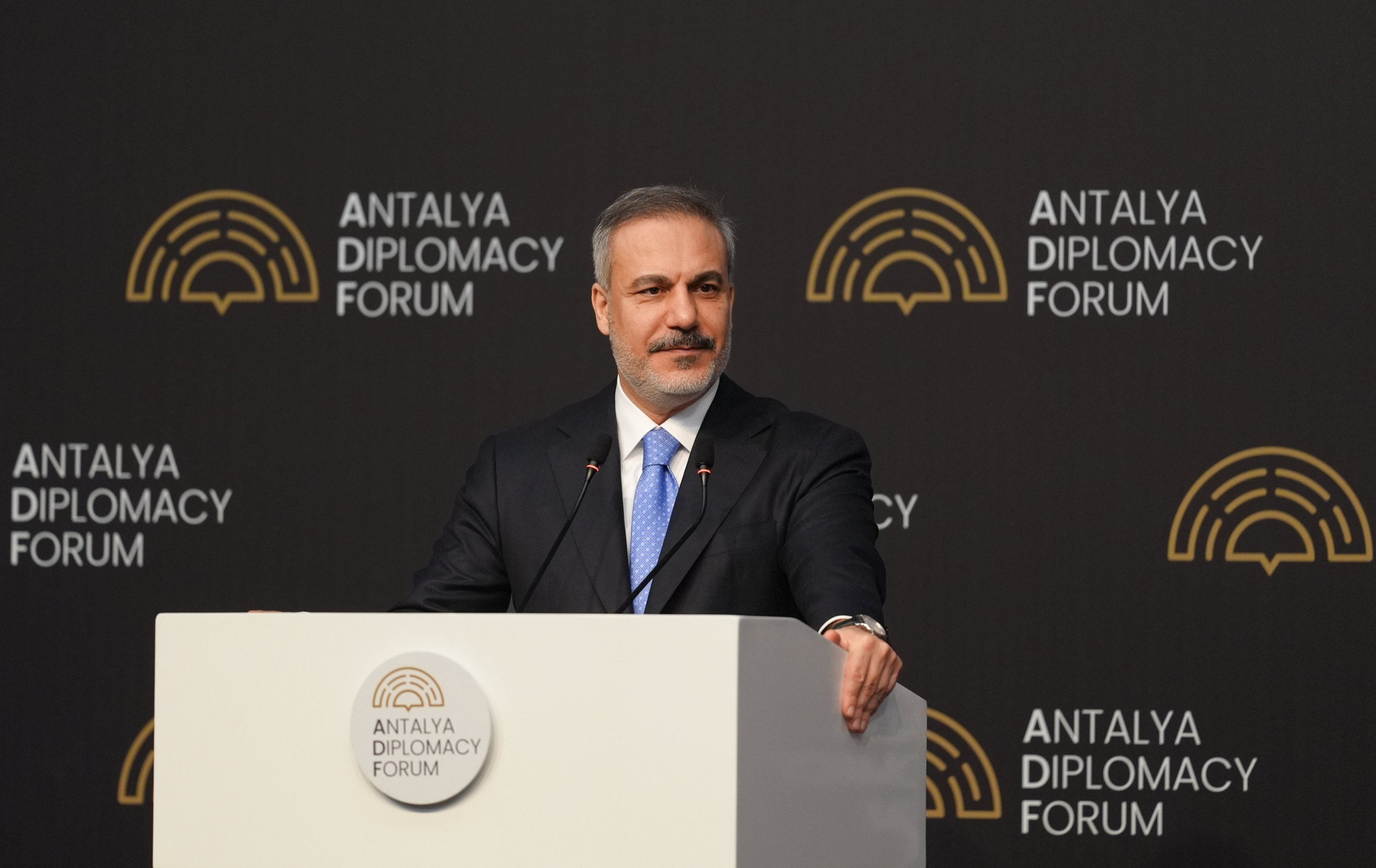Turkey is in turmoil after Istanbul mayor and candidate for president Ekrem Imamoglu was charged with offences of bribery and corruption, which sparked sustained protests against the rule of President Recep Tayyip Erdogan. Imamoglu denies all the allegations of bribery and corruption: “I strongly reject the allegations. The investigation aims at defamation and fabrication.
It has no logical, legal or convincing basis,” he is reported to have told the investigating judge. A quick glance at the incidence of bribery and corruption in local and regional government worldwide shows it is widespread among locally elected officials. This is unsurprising as local power is conducive to corrupt practices between elected officers and local business.

Politicians develop relationships locally in which the temptation to engage in tender rigging and the award of contracts for kickbacks is difficult to resist by the less scrupulous among them. Imamoglu denies he was involved in bribery and tender rigging or anything else. “As the mayor of Istanbul, like my predecessors, I do not have the time to participate in tenders, sign off on them or monitor the results,” he said in answer to the allegations.
In 2013 Erdogan’s super-rich supporter Istanbul construction billionaire AliAgaoglu, together with the mayor of one of Istanbul’s biggest boroughs, faced a similar problem. An overzealous prosecutor with a political axe to grind arrested them on suspicion of bribery and tender rigging. So, Erdogan knows that the mayor of a city of 15 million is vulnerable to false accusations and should only be prosecuted on strong evidence.
Turkey’s minister of justice Yilmaz Tunc denied the case against Imamoglu was politically motivated by President Erdogan and condemned the street protests. “In a state governed by the rule of law, legal defence must take place in the courtroom not in the streets. The judiciary are obliged to collect evidence both for and against the suspects,” he said.
It is of course a basic principle of every criminal investigation that you follow the evidence wherever it leads whether for or against a suspect. However, it is a bit rich for the minister to claim that the Istanbul chief prosecutor is fair minded and could be trusted to exonerate Imamoglu if the evidence warrants it. He must know that the chief prosecutor has been engaged in a systematic campaign to convict mayor Imamoglu and have him banned from holding public office for a long time.
As the mayor said of his political persecution by prosecution: “it has been going on for years manifesting as judicial harassment” – criminal investigations in Turkey involve judicial input at an early stage. The history of Imamoglu’s judicial harassment began when he was elected Istanbul mayor with a small majority in 2019. There were alleged irregularities; some election officers were not civil servants and the supreme election tribunal annulled his election and ordered a rerun, which he won again, with an increased majority.
However, that was not an isolated instance that could be put down to his slender majority and the fact that there was good reason for its annulment. In 2022, the Republican People’s Party (CHP) was lining up Imamoglu to be its presidential candidate with a better chance to defeat Erdogan in the 2023 electionthan the lacklustre Kemal Kilicdarogku, when lo and behold he was prosecuted for insulting public officials.Imamoglu was prosecuted for calling the judicial officers of the 2019 election tribunal idiots, which undermined his chances of being the CHP’s candidate for president.
In Turkey you have to be careful as Turkish officialdom does not take too kindly to being mocked. Imamoglu was convicted of insulting behaviour, sentenced to two and a half years in prison and banned from public office. He appealed and his imprisonment and ban were suspended and he was a candidate for vice president.
Next a prosecution was brought against him in 2023 that when he was mayor of the district of Beylikduzu in Istanbul in 2014-19 he was engaged in tender rigging. Nothing came of this prosecution, and it looks as though it was brought to prevent him from running for mayor of Istanbul again in 2024 – he did and was reelected. In February 2025 there was a further indictment against him filed by the chief prosecutor.
This time it was personal. It was for criticising and allegedly threatening the chief prosecutor, which carries a sentence of seven years maximum and a ban from politics. That too foundered without getting off the ground.
Just before he was arrested for the most recent offences on March 19, 2025, his degree from Istanbul university was cancelled, rendering him ineligible to run for president – one needs a higher education qualification to be president of Turkey. He is appealing against this and is likely to succeed but its oblique purpose was to prevent him running for president. All that having been said, there is no evidence that Erdogan leaned on the prosecutor to prosecute Imamoglu – the evidence suggests the prosecutor has a personal animus against the mayor.
The only hint that Erdogan rates Imamoglu as a rival is that he has said on many occasions that he “who wins Istanbul wins Turkey.” Imamoglu won Istanbul twice, but it is a huge leap to conclude that Erdogan has sought to have him banned from running for president three years from now. In any case, under the Turkish constitution Erdogan cannot normally run for a third term when his second term expires in 2028, unless three fifths of the National Assembly of 600 vote for an early parliamentary election.
The National Assembly can of course vote by a two thirds majority to change the constitution to enable Erdogan to serve more than two terms but that would require approval by referendum. While Erdogan’s supporters may want him to run again, he has said many times he wants to retire in 2028. He will be 74 and will have served 26 years at the helm, and even he must recognise that society needs a generational shift to a younger person.
All that having been said, there is no evidence that Erdogan leaned on the prosecutor to prosecute Imamoglu –.
Politics

Istanbul mayor persistently harried by the judiciary

Turkey is in turmoil after Istanbul mayor and candidate for president Ekrem Imamoglu was charged with offences of bribery and corruption, which sparked sustained protests against the rule of President Recep Tayyip Erdogan. Imamoglu denies all the allegations of bribery and corruption: “I strongly reject the allegations. The investigation aims at defamation and fabrication. It [...]















